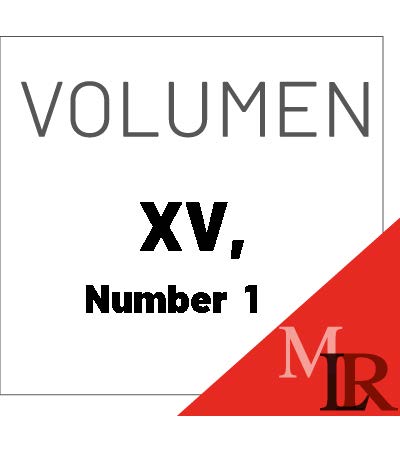Carlos S. Nino and how to Construct our Constitutions: Revisiting a Methodological Challenge of New Originalism
Main Article Content
Abstract
New Originalism stresses the original public meaning, not the semantic intentions of the framers. This requires a reformulation of the two main activities of every constitutional practice. First, interpretation implies discovering the original public meaning, i.e., what the ordinary users of language intended to mean through constitutional provisions. Second, constitutional construction is a subsequent stage of interpretation, as it involves giving effect or implementing those provisions, mainly if they are vague or ambiguous. In this article, I contribute to that ongoing debate by resorting to one of the most well-known law philosophers from Latin America: Carlos S: Nino. I shall claim that his scholarship may pose an actual and significant contribution to one of the toughest challenges of New Originalism: how to construct our constitutions. Although I will not label Nino as an originalist, he elaborates three requirements that could be very useful for constructing constitutional provisions: (i) to secure democratic processes; (ii) to respect individual rights, and (iii) the preservation of continuous legal practice.
Article Details

This work is licensed under a Creative Commons Attribution-NonCommercial-NoDerivatives 4.0 International License.

Este obra está bajo una licencia de Creative Commons Reconocimiento-NoComercial-SinObraDerivada 4.0 Internacional.




















